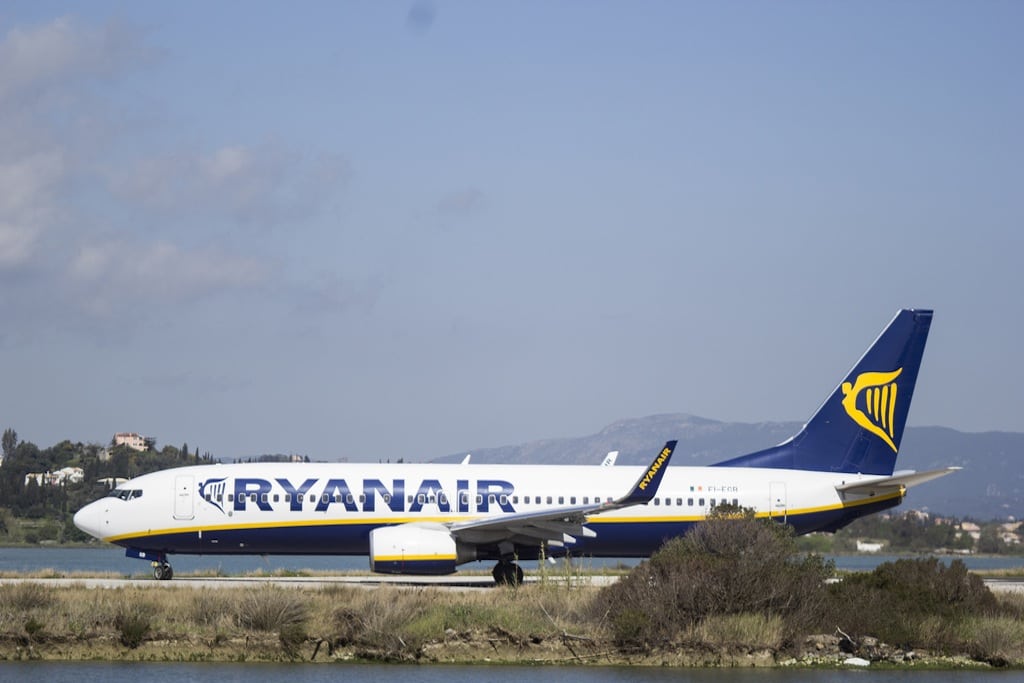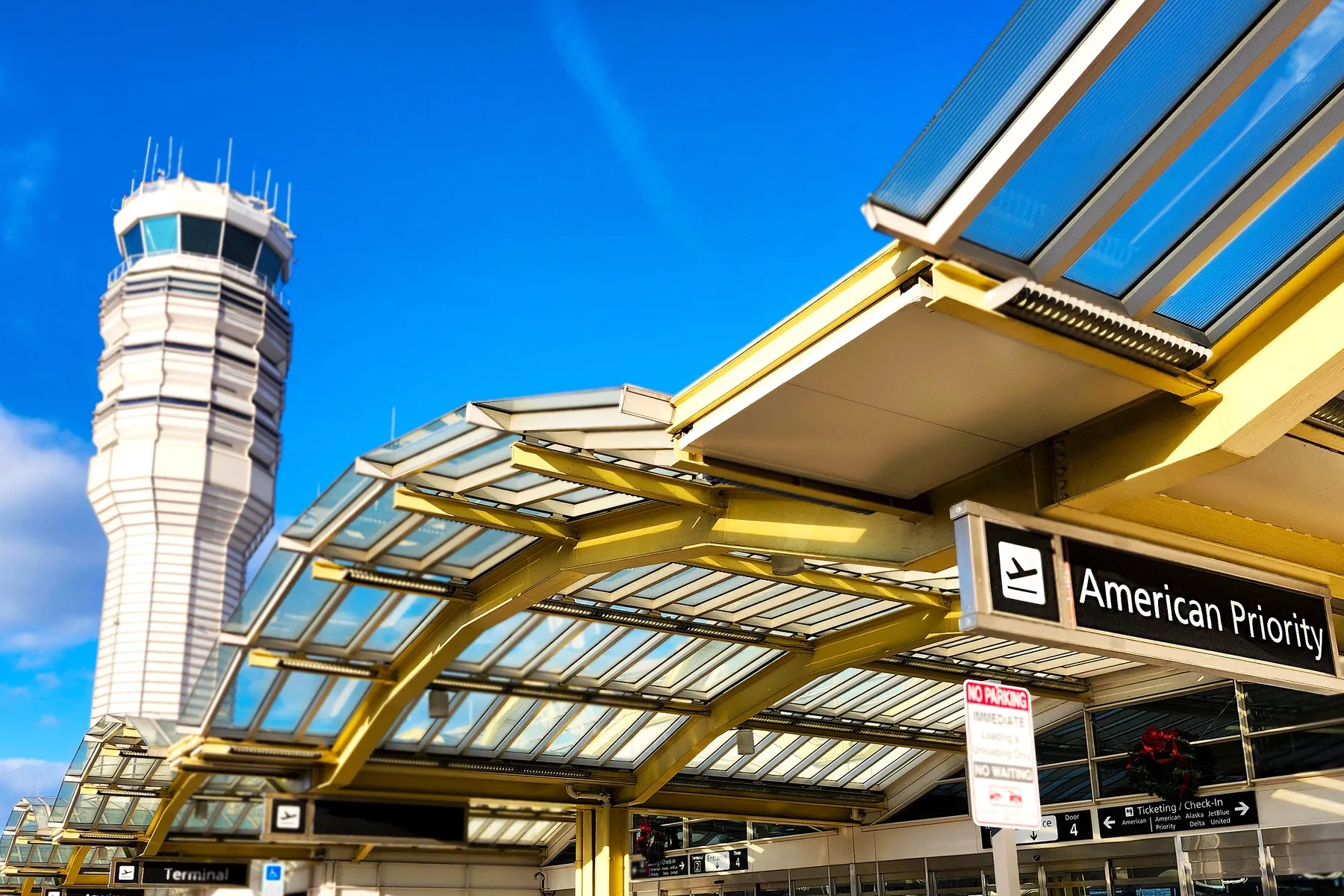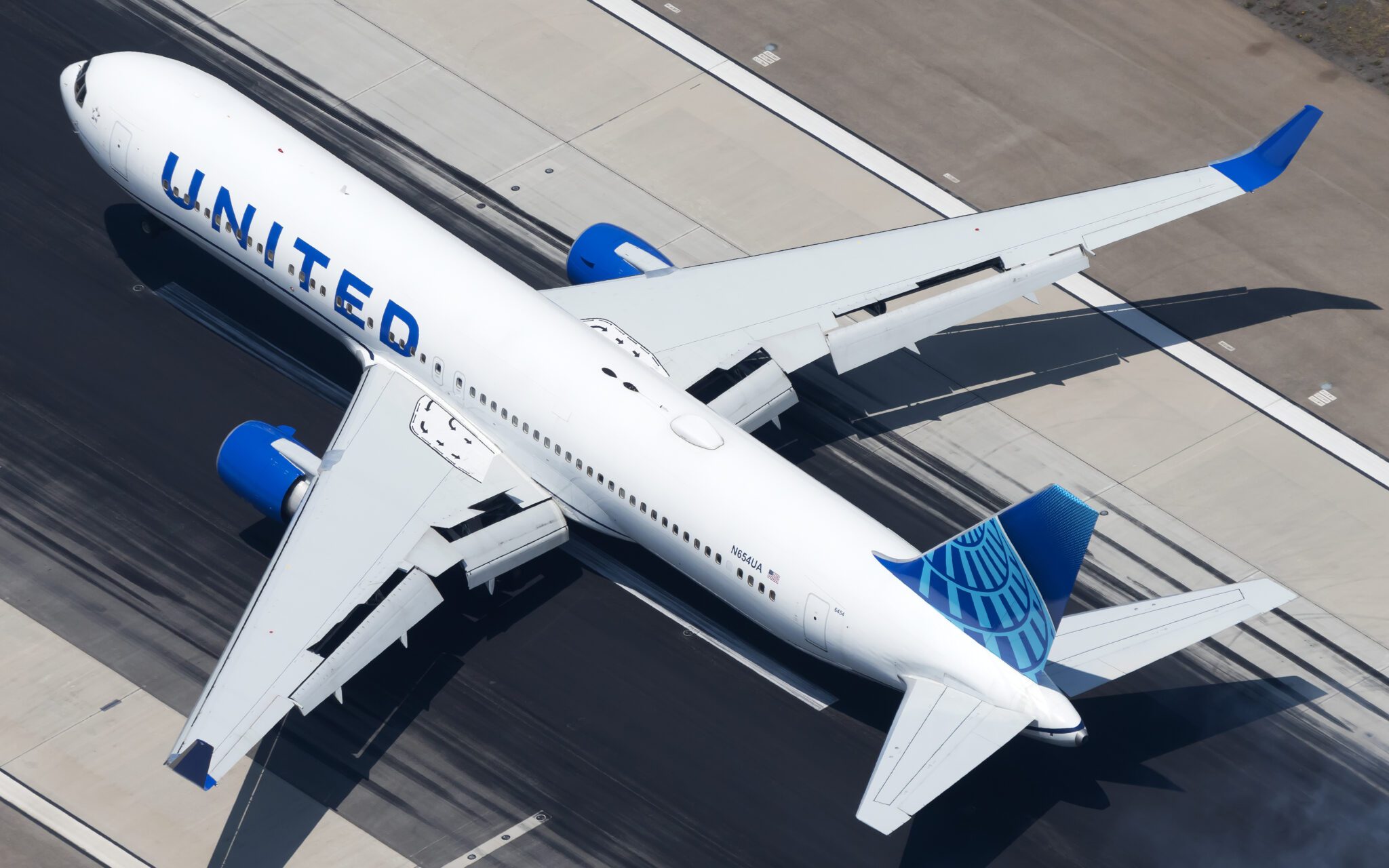Ryanair's bold proposal to revive the Greek tourism industry

Skift Take
Ryanair made a bold proposal this week when it claimed increased routes flown by a European low-cost carrier (named Ryanair, of course) could revive Greece's stagnant tourism industry.
In a recent press release, the airline refers to itself as an "ultra-low cost carrier (ULCC)" and lays out its reasoning for how Ryanair could fuel tourism in the capital of the Mediterranean destination:
Unfortunately, Athens continues to miss out on Ryanair’s traffic growth and the tourism jobs it brings because of the airport operator’s refusal to engage with Ryanair, at a time when Athens’ passenger traffic has fallen by 22%, from 16.4m in 2008 to just 12.8m in 2012, its lowest figure in a decade.
Ryanair could deliver up to 4m passengers p.a. if a realistic low-cost deal were made available at Athens Airport, with a further 2m passengers at Thessaloniki and 4m passengers across Ryanair’s 10 other Greek airports.
What Ryanair poses as an altruistic endeavor is really a bid to get into two of Greece's airports in Athens and Thessaloniki.
Current airport taxes are too high for the fiscally conservative Ryanair, which often flies into the smaller airports that are farther away from cities' business centers and main airports. For example, it flies into Paris' Beauvais Airport instead of Charles de Gaulle. Some flyers joke that Beauvais is in Belgium.
The proposal comes as Ryanair opens its first Greek base in Chania; it's current summer 2013 schedule offers 85 Greek routes from 10 airports.




